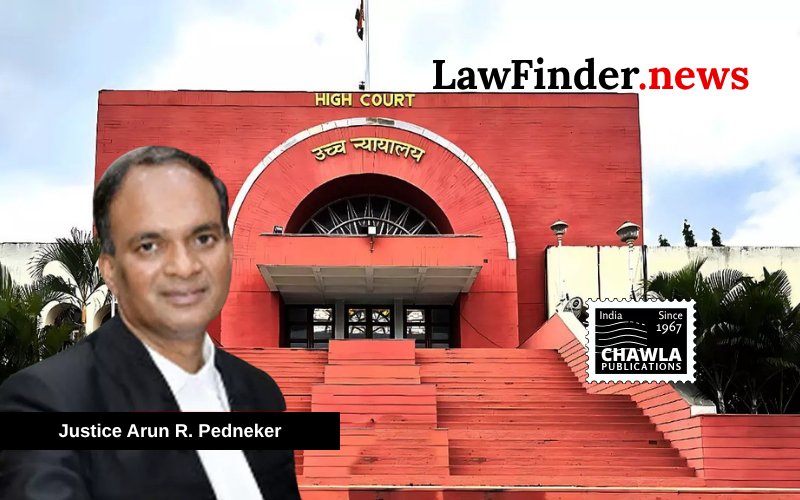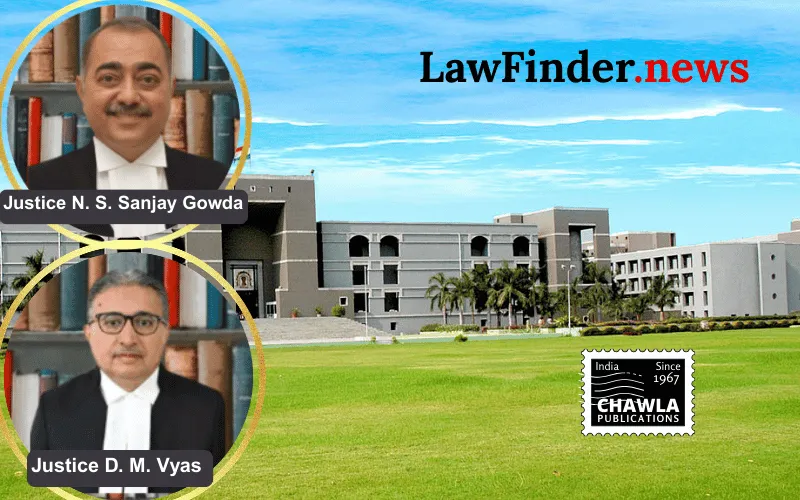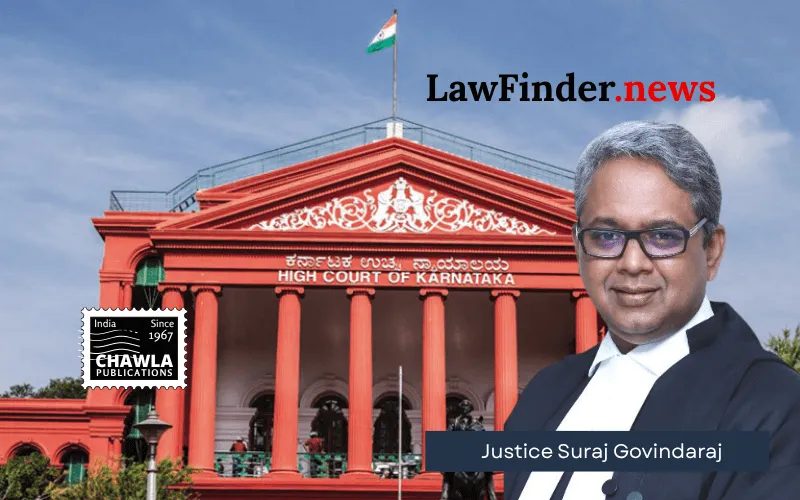Bombay High Court Upholds Confidentiality of GST Returns Under GST Act. Court Rules GST Act Supersedes RTI Act for Disclosure of Sensitive Financial Information
In a significant judgment, the Bombay High Court (Aurangabad Bench) has upheld the confidentiality of Goods and Services Tax (GST) returns, ruling that the GST Act, 2017, a special enactment, takes precedence over the Right to Information (RTI) Act, 2005, in cases where the disclosure of GST returns is concerned. The judgment, delivered by Justice Arun R. Pedneker, was in response to a writ petition filed by Adarsh, who sought the disclosure of GST returns for six industries in Udgir, Latur, alleging manipulation and fraud in government tenders.
The petitioner, Adarsh, had filed an RTI application seeking GST submissions from 2008 to 2023 for various industries, which was initially denied by the Information Officer after objections from the industries involved. Adarsh's subsequent appeals to the First Appellate Officer and the State Information Commissioner were also rejected, leading to the present writ petition.
The court clarified that Section 158(1) of the GST Act explicitly prohibits the disclosure of GST returns unless specific conditions under Section 158(3) are met. The court emphasized that GST returns are deemed personal information and can only be disclosed if a larger public interest is proven, which was not the case here. The industries argued that releasing the returns without their consent would violate confidentiality norms and potentially harm their competitive positions.
Additionally, the court highlighted the mandatory procedure under Section 11 of the RTI Act, which requires notifying third parties when their confidential information is requested, reinforcing the decision to issue notices to the concerned industries.
The judgment referenced the Supreme Court's decision in "Central Public Information Officer, Supreme Court of India v. Subhash Chandra Agarwal," reiterating the conditions under which personal information may be exempt from disclosure under the RTI Act.
Ultimately, the court found no evidence of fraud by the industries that would necessitate overriding the exemptions provided under both the GST and RTI Acts, thereby dismissing Adarsh's petition.
Bottom Line:
Disclosure of GST returns of industries prohibited under Section 158(1) of GST Act, unless provisions under Section 158(3) are satisfied - GST Act being a special enactment overrides RTI Act, and information exempted under GST Act cannot be disclosed under RTI Act unless larger public interest is proven.
Statutory provision(s): Right to Information Act, 2005 Section 8(1)(j), GST Act, 2017 Section 158, Right to Information Act, 2005 Section 11
Adarsh v. State of Maharashtra, (Bombay)(Aurangabad Bench) : Law Finder Doc id # 2794573




